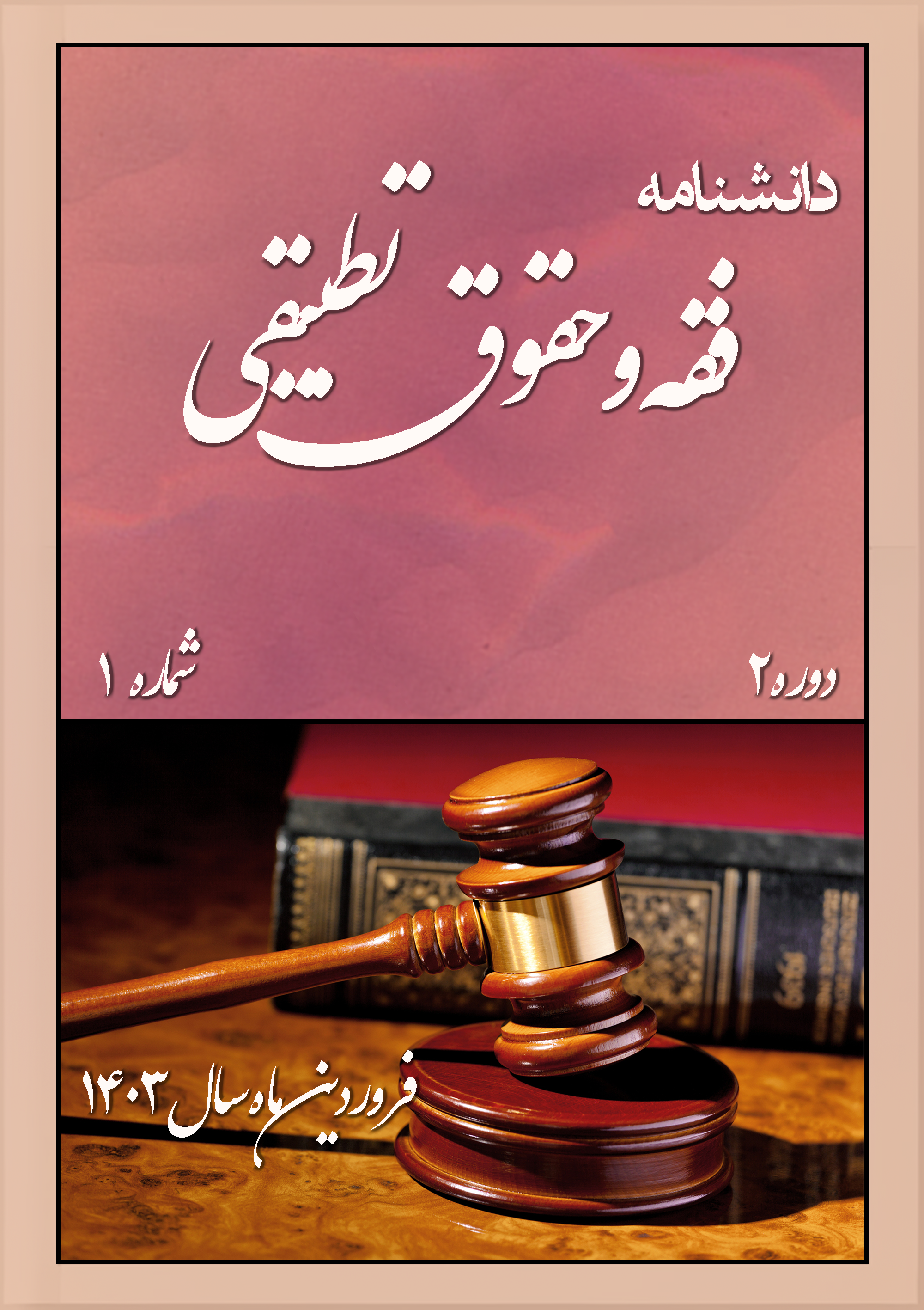Causes and Factors of Administrative Corruption in Executive Agencies and Its Consequences
Keywords:
transparent legislation, executive agencies,, administrative corruption, CorruptionAbstract
Corruption is a phenomenon far broader than fraud and possesses a multifaceted nature. In the administrative systems of most countries, corruption has caused serious damage to development and progress. In developing countries such as Iran, its importance, as well as the necessity of its control and containment, has become entirely evident to both policymakers and the general public. Administrative corruption refers to a range of behaviors and actions by public sector employees that, by violating ethical principles and administrative laws and regulations and by abusing their power and authority within an organization, seek to fulfill illegitimate personal or group interests. Administrative corruption leads to diminished efficiency of agencies and the collapse of public trust and confidence in them. The purpose of this study is to identify the consequences of the presence and persistence of administrative corruption on society and to explore strategies for combating it and reducing its negative impacts. The results indicate that, from a legal perspective, it is possible to significantly reduce administrative corruption in executive agencies and increase public satisfaction through the following: oversight of the proper implementation of laws, enactment of transparent legislation, reliance on the principle of transparency in all ongoing affairs of executive agencies, strengthening and refining the legal framework, proper implementation of privatization, development and support of mass media, merit-based appointments, and the elimination of redundant administrative bureaucracy
Downloads
References
Abbasi, M., & Jalilvand, F. (2018). Good Governance, Political Power, Administrative Corruption. Akhtar Publications.
Afzali, A. R. (2011). Administrative Corruption and its Impact on Development: Causes, Consequences, and Solutions. International Law Journal, 45(28).
Fazeli, M. (2009). Introduction to Measuring Corruption. Research Center of the Islamic Consultative Assembly.
Ghehrmani, M., & Heidari, R. (2013). A Study of the Relationship between Administrative System Health and Improvement of Human Resource Performance in Financial-Administrative Organizations of West Azerbaijan Province. Journal of Quantitative Studies in Management, 4(2).
Hadian, H., & Hadian, M. (2017). A Study of the Intensification of Punishment in Islamic Jurisprudence and the Islamic Penal Code of 1392. Conference on New Research in Iran and the World in Psychology, Educational Sciences, Law, and Social Sciences.
Hosseini, S. E. (2012). Limitations of the Islamic Consultative Assembly in Legislation (Subject of Article 71 of the Constitution). Journal of Islamic Government, 17(4).
Khezri, M. (2008). Pathology of Methods of Combating Administrative Corruption in Iran. Journal of Strategic Studies, 11(42).
Khodadad Hosseini, S. H., & Farhadi Nejad, M. (2001). A Study of Administrative Corruption and Methods of Controlling it. Journal of Modarres Humanities, 5(1).
Lanyi, A. (2005). Tools for Assassing Corruption & Integrity in Institutions: A Handbook. USAID.
Parvin, K. (2020). Review of Laws and Regulations: A Step towards Ensuring the Principle of Legal Security. Public Law Journal, 9(30).
Rahimian, N. (2014). A Study of Economic Corruption and Ways to Combat it. Economic Journal, 9-10.
Rasouli, R. (2005). The Role of the World Bank in Combating Corruption. Journal of Administrative Transformation, 5.
Zaker Salehi, G. R. (2019). Strategies for Combating Administrative Corruption. Majd Publications.
Zamani, S., & Nejad Khalili, M. (2013). Parliamentary Supervision over the Executive Branch (Case Study: Evolution of Questioning in the National Consultative Assembly and the Islamic Consultative Assembly). Research Center of the Islamic Consultative Assembly.










